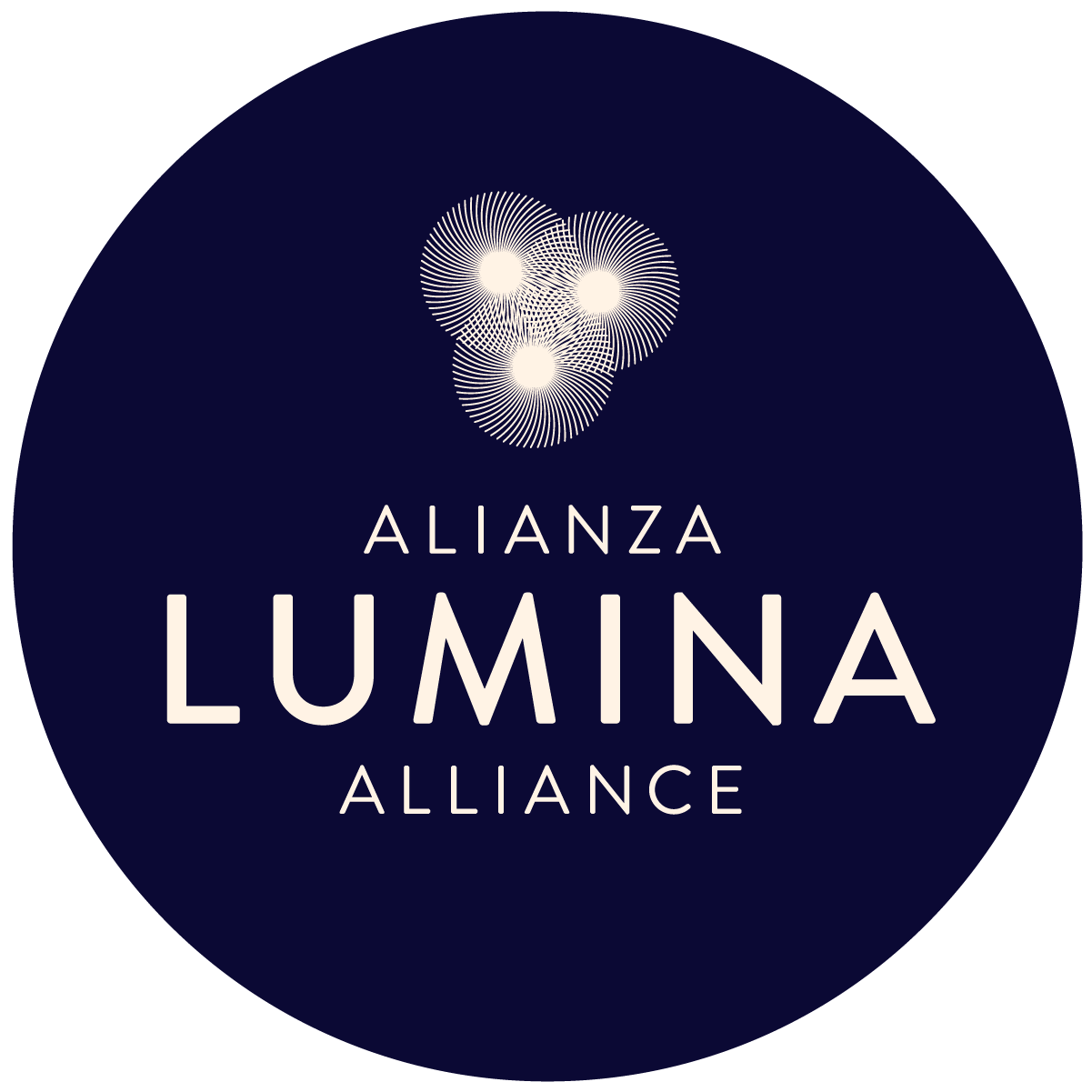January 4, 2021
As we move into January, we will be taking a closer look at stalking and the prevalence of stalking in intimate partner relationships. Stalking is common, with 1 in 6 women and 1 in 17 men experiencing stalking in their lifetime, according to the CDC. It’s also one tactic that an abuser may engage in to maintain power and control within their relationship. The Stalking Prevention and Resource Center (SPARC) states that stalking in an abusive relationship is a strong indicator of increased risk for escalating violence and homicide. In fact, according to research, 89% of femicide victims who had been physically assaulted had also been stalked in the 12 months before their murder.
Lumina Alliance recognizes that people of color, LGBTQ+ folks, individuals with disabilities and other underrepresented identities, may have experienced instances of interpersonal discrimination and racism with medical providers, police officers, university officials, or other individuals in positions of power as well as institutional racism with educational settings, governmental systems, law enforcement, and the legal system. These experiences may cause survivors and their loved ones to distrust the institutions that are supposed to assist survivors in their healing journey and provide greater barriers to reporting incidents of Stalking.
Lumina Alliance wants to ensure all survivors of our confidentiality, advocates will not release your information or inform any other agency without your explicit consent.
What’s different about interpersonal violence for LGBTQ+ Folks, people of color, and other underserved populations?
Although we realize that there is no one universal set of identities or experiences, there are some common factors that can create barriers for survivors from underserved communities as they seek help. These factors include:
- Cultural and/or religious beliefs that restrain the survivor from leaving an abusive relationship or involving others in personal matters
- Fear that their experience will negatively reflect on or confirm the stereotypes placed on their community or ethnicity
- Intersecting stigmas of homophobia/transphobia, racism, and survivorship
- Strong ties to one’s race, culture, and/or family, adding to the pressure to not report what happened
- Fear of the impact that their family finding out about their assault or abuse and it bringing shame to themselves and their family
- The legal status of the survivor and/or the perpetrator
- Due to the economic disparities that communities of color experience, survivors can struggle to find affordable, accessible, and affirming support from community providers
- Lack of advocates or counselors who look like the survivor or share common experiences
***Check out these links for more information on Stalking
- https://open.spotify.com/
episode/6fX2F13zsJxxZ25MwVTOoS - Or listen on you tube: https://www.youtube.com/
watch?v=_gXy8uaRNd4 - https://www.cdc.gov/injury/
features/prevent-stalking/ index.html?CDC_AA_refVal= https%3A%2F%2Fwww.cdc.gov% 2Ffeatures%2Fprevent-stalking% 2Findex.html - https://vawnet.org/sc/rates-
and-prevalence-dv-lgbtq- communities - https://www.pewresearch.org/
fact-tank/2017/07/25/1-in-4- black-americans-have-faced- online-harassment-because-of- their-race-or-ethnicity/




Recent Comments